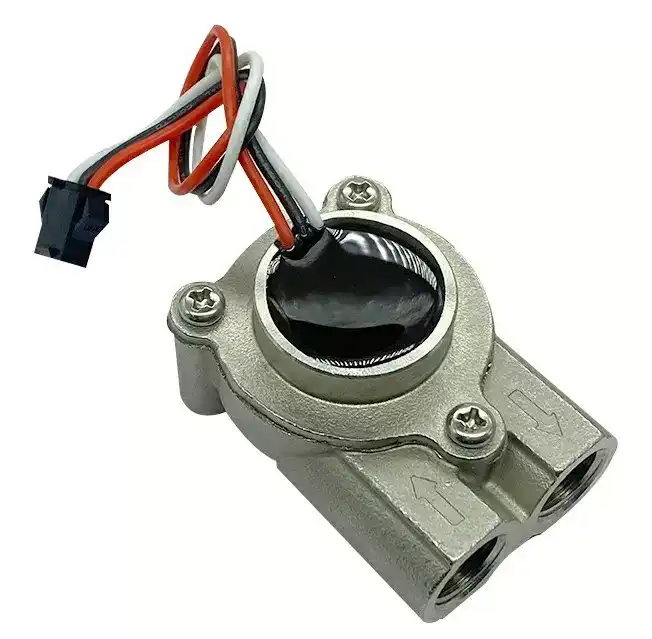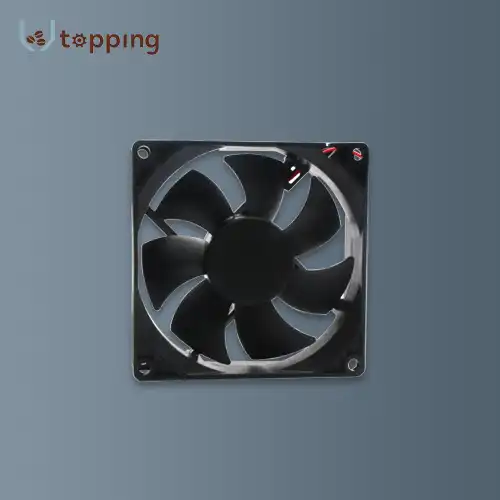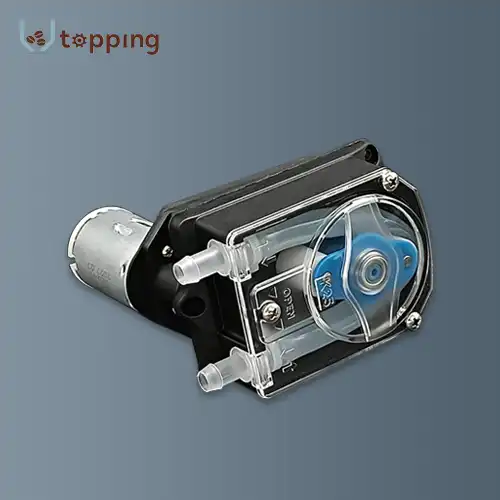Volumetric Counter For Coffee Machine
2024-09-04 16:03:24
Coffee machines have come a long way since their inception, with modern machines incorporating advanced technologies to ensure precise and consistent brewing. One such technology is the volumetric counter, a crucial component that measures and controls the amount of water used in each brew cycle. This article delves into the world of volumetric counters for coffee machines, exploring their unique features, applications, and future trends.
Differences From Other Counters
Volumetric counters stand out from other measurement methods used in coffee machines due to their unique advantages. Unlike weight counters, which measure the mass of water, they directly measure the volume of water passing through the system. This approach offers greater precision in controlling brew ratios, as coffee extraction is more closely related to water volume than weight.
Flow meters, another alternative, measure the rate of water flow rather than the total volume. While useful for some applications, they may not provide the same level of accuracy as volumetric counters when it comes to dispensing specific quantities of water. Volumetric counters excel in their ability to consistently deliver precise amounts of water, ensuring that each cup of coffee is brewed to the same exacting standards.
The key advantage of volumetric counters lies in their simplicity and reliability. They typically use a small turbine or paddle wheel that rotates as water flows through, with each rotation corresponding to a specific volume of water. This mechanical approach is less prone to electronic failures and can maintain accuracy over long periods of use, making them ideal for commercial coffee machines that see heavy daily use.
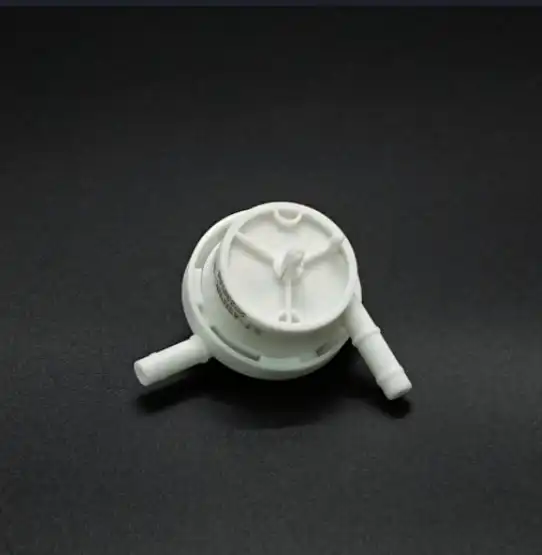
Volume Counters In Coffee Machines
In coffee machines, volumetric counters play a vital role in ensuring consistency and quality in every brew. They are typically integrated into the water delivery system, positioned between the pump and the group head. As water flows through the counter, it measures the exact volume dispensed, allowing the machine to automatically stop the flow once the desired amount has been reached.
This precision is particularly important in espresso machines, where small variations in water volume can significantly impact the flavor and quality of the shot. By using volumetric counters, baristas can program specific shot volumes for different coffee blends or brewing styles, ensuring repeatability across multiple shots or even different operators.
Many modern coffee machines allow for multiple programmable volume settings, enabling quick switching between single and double shots or accommodating different cup sizes for americanos or lungo drinks. This versatility, combined with the accuracy of volumetric counters, contributes to the consistency and efficiency of coffee service in both commercial and high-end home settings.
Purchase Guide For Volume Counters
When selecting a volumetric counter for a coffee machine, several factors should be considered to ensure optimal performance and longevity. First, consider the counter's flow rate capacity. It should be able to handle the maximum flow rate of your machine's pump without creating a bottleneck in the system.
Accuracy is another crucial factor. Look for counters with high precision, typically measured in pulses per liter. The higher the number of pulses, the more accurate the measurement. For espresso machines, counters with at least 400-600 pulses per liter are recommended to ensure precise shot volumes.
Material construction is also important, especially for commercial applications. Opt for counters made from food-grade materials that can withstand high temperatures and pressures. Stainless steel or high-quality food-safe plastics are common choices that offer durability and resistance to corrosion.
Compatibility with your machine's control system is essential. Ensure that the counter's output signal is compatible with your machine's electronics. Some counters use simple pulse outputs, while others may have more advanced digital interfaces.
Lastly, consider the ease of maintenance and cleaning. Look for counters that can be easily disassembled for periodic cleaning and descaling, as mineral buildup can affect accuracy over time.
Future Development Trends Of Volume Counters
The future of volumetric counters in coffee machines is likely to see advancements in both accuracy and functionality. One emerging trend is the integration of temperature compensation into volumetric counters. As water temperature can affect its volume, more sophisticated counters are beginning to incorporate temperature sensors to adjust measurements in real-time, ensuring even greater precision across varying brewing conditions.
Another development is the increased use of digital technology in volumetric counters. While traditional mechanical counters remain popular due to their reliability, digital counters offer the potential for even greater accuracy and additional features. These may include built-in diagnostics to alert users of potential issues or the need for maintenance, as well as the ability to log and transmit data for quality control purposes.
The integration of volumetric counters with smart technology is also on the horizon. Future coffee machines may use AI and machine learning algorithms to fine-tune water volumes based on factors such as coffee origin, roast level, and even ambient conditions, all facilitated by advanced volumetric counters.
China Volumetric Counter
China has emerged as a significant player in the production of volumetric counters for coffee machines and other applications. Many Chinese manufacturers have invested in research and development to produce high-quality counters that meet international standards. These counters often offer competitive pricing without compromising on performance, making them an attractive option for coffee machine manufacturers worldwide.
One notable example is the Topping Motor Volumetric Counter, which has obtained FDA and RoHS certification. These certifications indicate compliance with stringent food safety and environmental standards, respectively. The FDA certification ensures that the counter is safe for use in food and beverage applications, while RoHS certification guarantees that the product is free from certain hazardous substances, making it environmentally friendly. Interested parties can contact Topping Motor at sales@huan-tai.org to discuss their specific requirements and learn more about the available options.
Chinese manufacturers like Topping Motor are increasingly focusing on quality assurance and international certifications to compete in the global market. This trend is likely to continue, with Chinese volumetric counters playing an increasingly important role in the coffee machine industry.
References
1. Illy, A., & Viani, R. Espresso coffee: the science of quality. Academic Press.
2. Petracco, M. Our everyday cup of coffee: The chemistry behind its magic. Journal of Chemical Education.
3. Alves, R. C., Soares, C., Casal, S., Fernandes, J. O., & Oliveira, M. B. P. Acrylamide in espresso coffee: Influence of species, roast degree and brew length. Food Chemistry.
4. Rao, S. Everything but espresso: Professional coffee brewing techniques. Scott Rao.
5. Ting, P. L., & Maness, N. O.Espresso Coffee: The Science of Quality. Journal of Food Science Education.
Send Inquiry
Related Industry Knowledge
- Differences Between Volumetric Counters And Particle Counters
- Are There Eco-Friendly Options for Coffee Vending Machine Spare Parts?
- What Safety Features Should You Look for in Coffee Machine Mixers?
- How much of a difference does a coffee grinder make?
- What is a coffee brewing Unit Dimension ?
- What kind of motors do vending machines use?
- What is a mini PCIe used for
- What is a Coffee Machine Pump?
- What is the difference between a valve coffee machine and a regular coffee machine?
- Coffee Vending Machine Dispensing Components and Functions

.webp)
.webp)
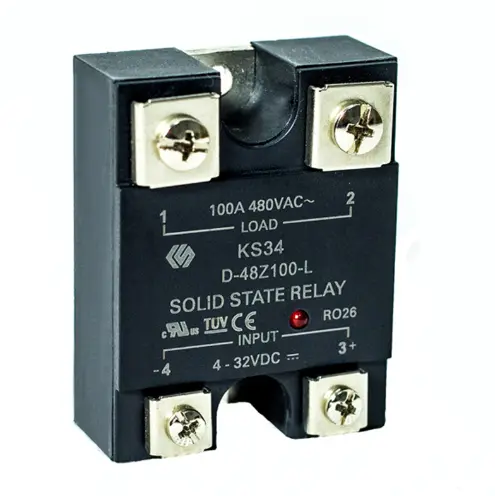
.webp)
